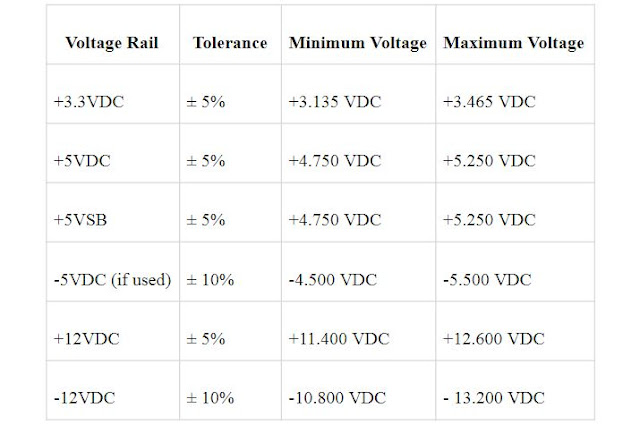
If your laptop or computer has a power supply rating at 500 watts, the amount of power that it is pulling from a wall is possibly high. This excess electrical use adds up over time and raises your electric bill monthly. That isn't frugal or sustainable, so it needs to be minimized or avoided.
This article will help you on how to learn how your computer power supply efficiency can affect your electricity costs from day to day consume and how you can trim down your monthly energy bill. It is also beneficial as it can be kind to the environment.
What Is Power Supply Efficiency?
The rating for efficient of a power supply indicates how much is the conversion of energy from the wall outlet power all throughout the internal power components. For example, a 75% efficiency power supply that is generating a 300W of internal power can draw approximately 400W of power from the wall.
When you plug in your computer or laptop in the wall, the voltage will not flow straight to the components within the computer. Components like electrical circuits, current shunt resistors, chips that run at a lower voltage compared to the current that generates from a wall outlet. The power supply must be converted the incoming 110 or 220-volts to 3.3, 5, and 12-volt levels for the different internal circuits that are inside of your PC. The power supply must be reliable and can withstand all the tolerances to prevent damages that may incur in any of the devices.
A power supply in a computer provides different voltages to internal devices in a PC through power connectors. Voltages don’t need to be precise for personal computers, but the only time they can vary up and down by a specific amount is what you called a tolerance.
If your power supply is giving the parts of a PC with a specific voltage outside of this tolerance, the computer device(s) being supplied a powered may have the tendency not to work correctly. Or worse, it may not work at all.
Table Of Voltage Tolerance (ATXv2.2)

However, if you want to change the different requirements of the voltages circuits that drop energy as it is converting. Then this energy loss will usually be transferred as heat to a power supply. That is why most power supplies have fans installed on them to cool down the components and why a personal computer has fans as well.
How Computer Power Supply Efficiency Affects Electricity Costs and Power Bills
The exact efficiency rate will differ varying on the load amount and the condition of the circuits. Therefore, the higher efficiency rating of a PC laptop means fewer energy converts as waste. It can have a good impact on your power bills. Luckily, it is easy and straightforward to identify energy-efficiency in computer power supplies.
